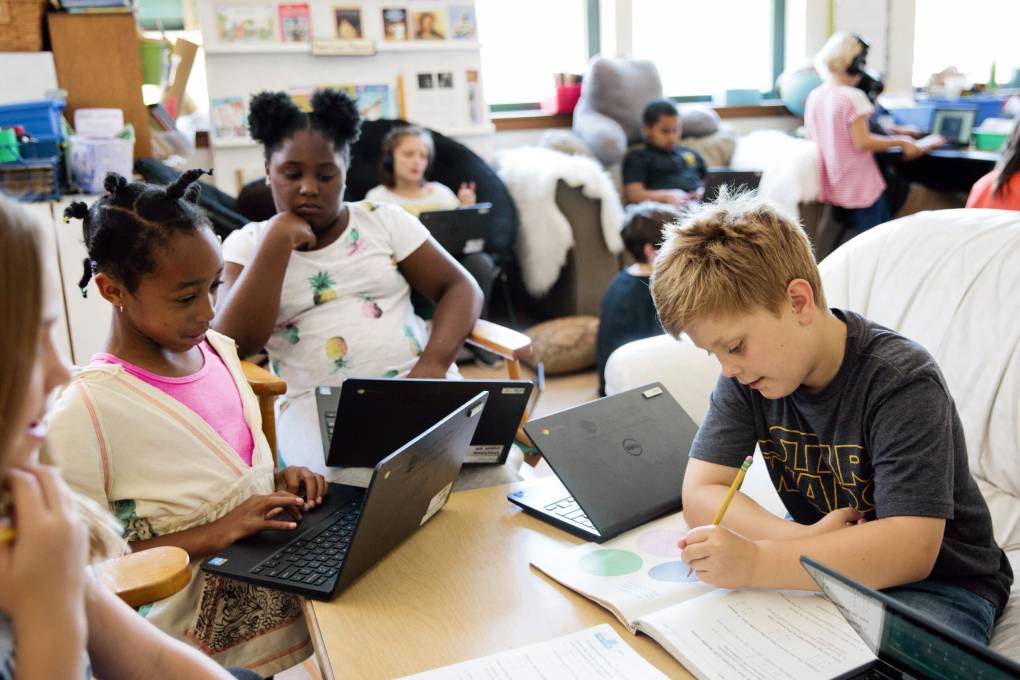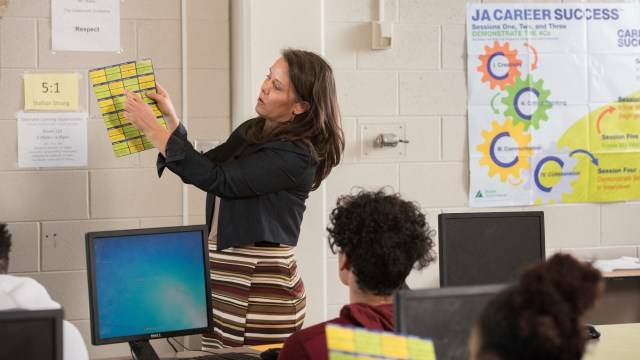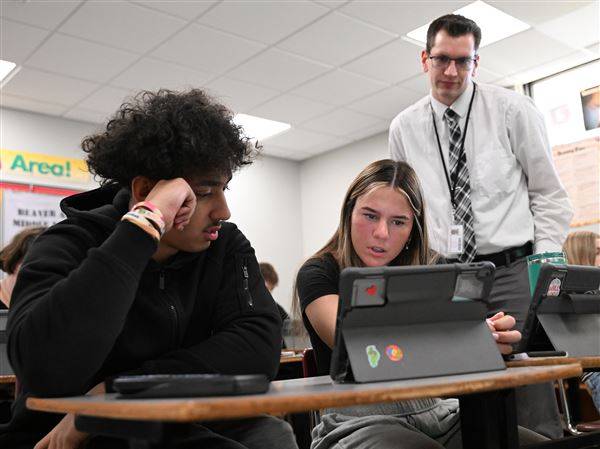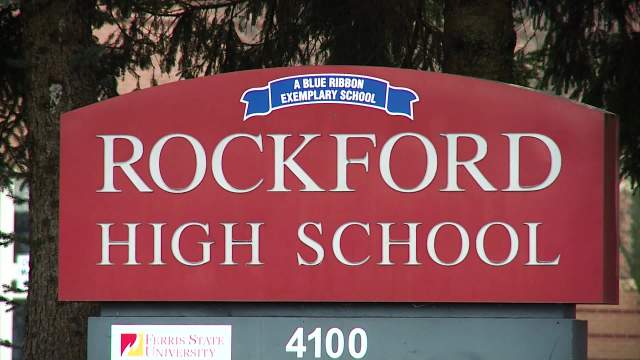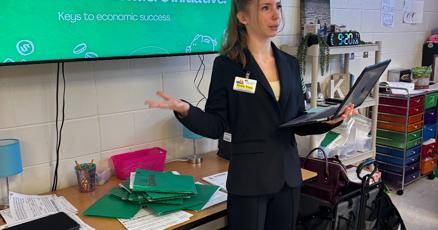Financial Literacy Initiative in Pine Bluff, Arkansas
In Pine Bluff, Arkansas, a pioneering initiative is underway to equip students with essential financial literacy skills, thanks to a collaborative effort between local schools and banks. This program aims to bridge the gap in financial education, an area where the U.S. has historically lagged behind other developed nations. By focusing on early intervention, communities can foster a culture of financial responsibility, which has long-term benefits for economic stability and growth.
Building Upon Existing Efforts
The initiative in Pine Bluff builds upon existing efforts in the region to enhance financial knowledge. For instance, the University of Arkansas at Pine Bluff’s Student Financial Services Office plays a crucial role in guiding students through financial aid processes, emphasizing the importance of understanding financial responsibilities and opportunities. Additionally, programs like Working Credit are helping residents achieve financial stability and even home ownership through credit education.
Innovative Approaches to Financial Education
Learning Through Reality TV
Innovative approaches to teaching financial literacy have proven successful in the past. A gifted and talented teacher, Shelina Warren, used reality TV shows like “Shark Tank” and “Project Runway” to engage students in learning about economics and personal finance. This method not only made complex concepts more accessible but also encouraged students to think creatively about financial decisions.
Workshops and Interactive Learning
The partnership between Pine Bluff schools and local banks will likely involve workshops and interactive sessions designed to introduce students to basic financial concepts such as budgeting, saving, and investing. This hands-on approach can help students develop practical skills that are essential for navigating the financial world. Moreover, by involving local banks, the program can provide real-world examples and insights, making financial literacy more relatable and relevant to students’ lives.
The Role of Technology in Financial Education
As technology continues to evolve, integrating digital tools into financial education could further enhance these programs. For example, AI-powered financial simulations or mobile apps could offer personalized learning experiences, allowing students to practice financial decision-making in a safe and controlled environment. This blend of traditional teaching methods with modern technology could significantly improve the effectiveness of financial literacy initiatives.
Future Implications and Adaptability
Looking ahead, the success of such programs will depend on their ability to adapt to changing economic conditions and technological advancements. As financial systems become increasingly digital, it’s crucial that financial literacy programs keep pace, ensuring that students are equipped with the skills needed to navigate a rapidly evolving financial landscape. This not only benefits individuals but also contributes to a more financially literate society, better positioned to address economic challenges and opportunities.
Further Reading
For more insights into how technology is shaping education and financial literacy, visit Epochedge education. The integration of technology in financial education is a trend that will continue to grow, with potential applications in AI-driven financial planning tools and blockchain-based financial systems. As we move forward, it will be interesting to see how these programs integrate emerging technologies to enhance their impact and prepare students for a future where financial literacy is more critical than ever.
For updates on the latest technological advancements and their societal impacts, check out Epochedge news and Epochedge technology.



